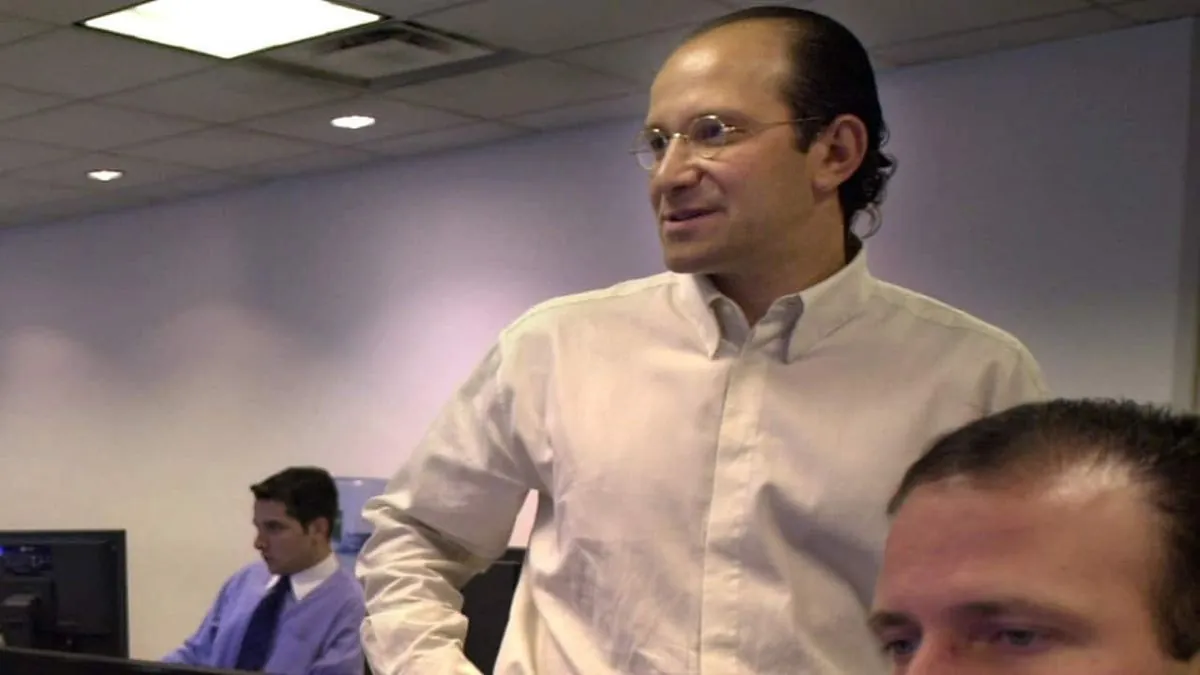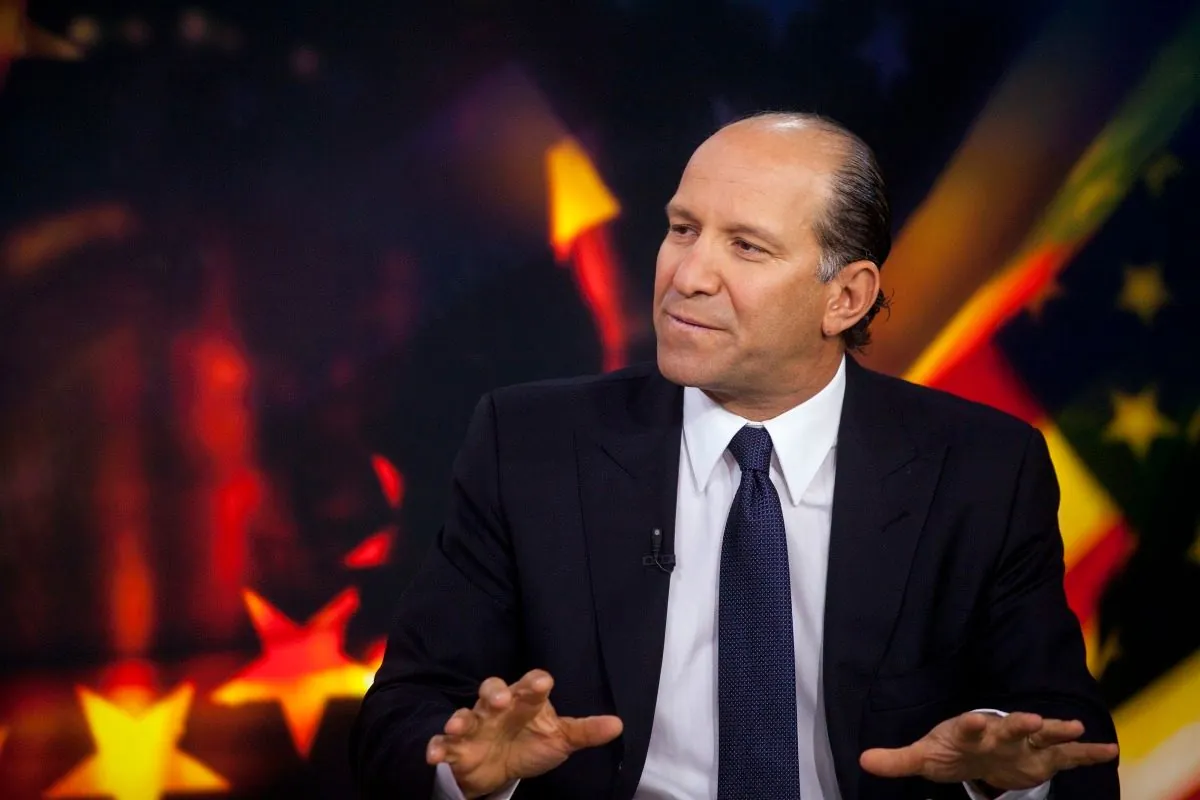Trump's Transition Team Taps Wall Street Veteran for Staffing Push
Howard Lutnick, Cantor Fitzgerald CEO, leads recruitment for potential Trump administration. The transition team, separate from campaign strategy, aims to build a roster of thousands of candidates.

In a significant development for the upcoming U.S. presidential election, Donald Trump's transition team has begun the process of assembling potential staff for a future administration. Leading this effort is Howard Lutnick, the CEO of Cantor Fitzgerald, who has been appointed as co-chair of the transition team alongside Linda McMahon.
Lutnick is leveraging his extensive network from a career on Wall Street to identify and recruit candidates for various positions. The transition team's goal is to create a pool of thousands of potential staffers, should Trump secure victory in the upcoming election.
"I want to support President Trump and assist him in finding the greatest talent, the greatest athletes to put on the field, to create a wonderful, first-class administration."
The relationship between Trump and Lutnick spans several decades. Their bond was strengthened following the September 11, 2001 attacks, when Cantor Fitzgerald lost 658 employees. Trump offered support to Lutnick as he worked to rebuild the firm, which resulted in the hiring of thousands of new employees.

Lutnick's appointment to the transition team reflects a nod to the business community, from which Trump drew many executives during his first administration. This includes former Treasury Secretary Steve Mnuchin, who served from 2017 to 2021.
The transition team's efforts are separate from the campaign's strategy and policy matters. While Lutnick and his team focus on staffing, the campaign continues to handle other aspects of the election process.
It's worth noting that presidential transitions are governed by the Presidential Transition Act of 1963, which provides a framework for the transfer of executive power. Typically, the transition period lasts about 73 days, from election day to inauguration.
The potential staffing choices for a second Trump administration have been the subject of intense speculation. This comes in the wake of a controversial agenda proposed by the conservative group Project 2025, which suggested significant changes throughout the federal government. However, Trump has since distanced himself from these ideas.
Financial regulation is expected to be a key focus area for any future administration. A second Trump White House would likely seek to loosen financial regulations, potentially affecting agencies such as the Securities and Exchange Commission (SEC) and the Consumer Financial Protection Bureau (CFPB). In contrast, a potential Democratic administration led by Vice President Kamala Harris would probably pursue stricter financial rules.
As the election approaches, the work of Trump's transition team, led by Lutnick, will play a crucial role in shaping the potential future of the U.S. government's executive branch.


































